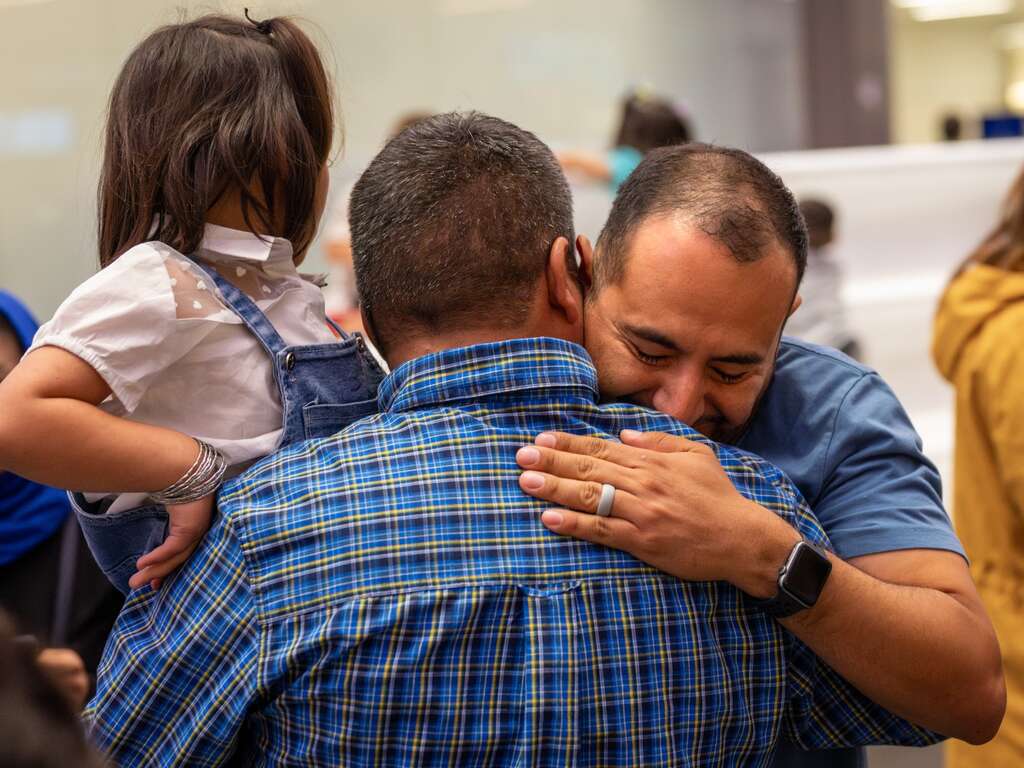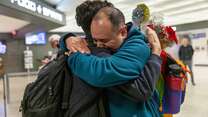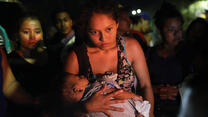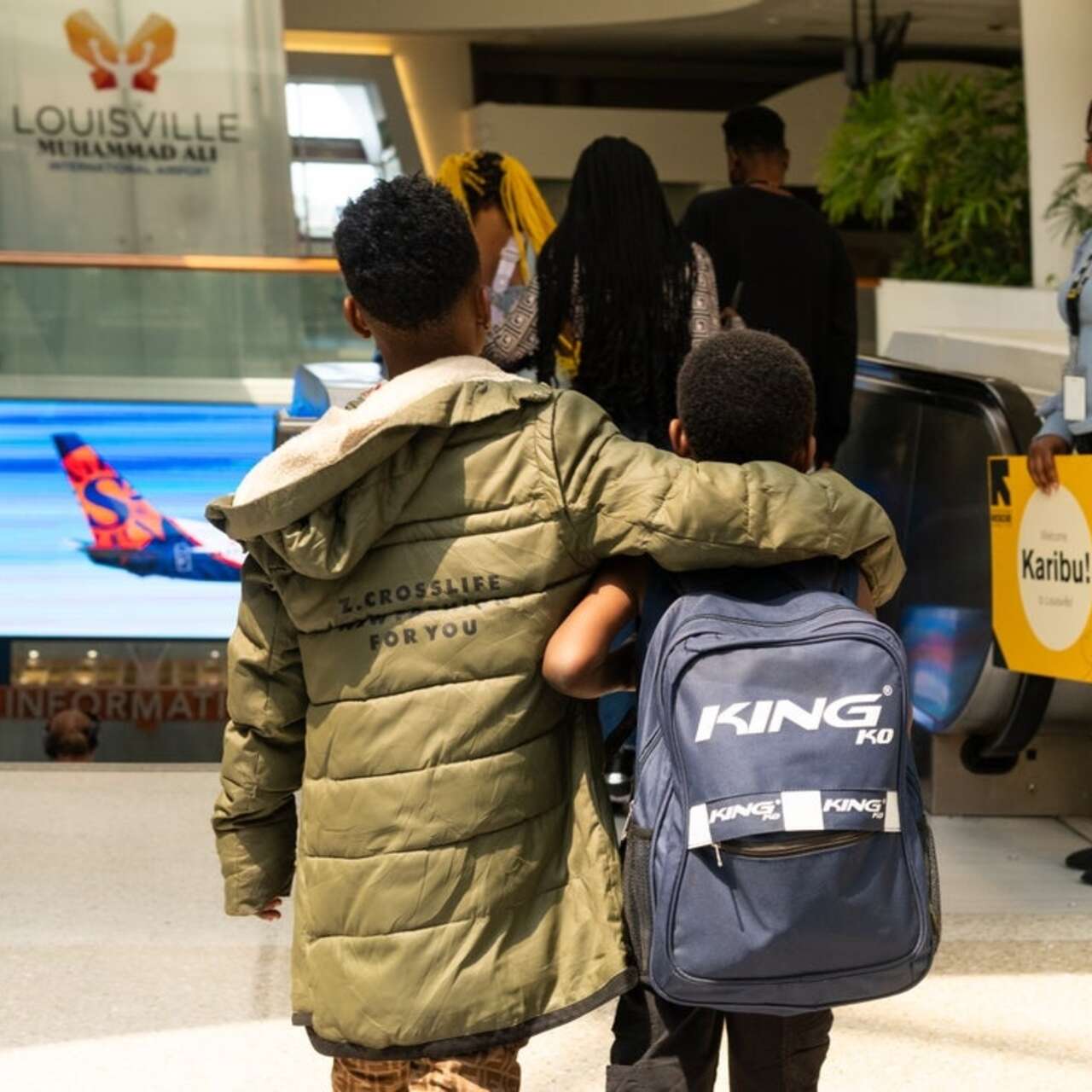
Refugees are men, women and children who have fled their home country due to war, persecution, or political upheaval. Some eventually return when it’s safe to do so; others stay in temporary refugee settlements or integrate into nearby countries offering asylum, while a tiny fraction—usually one percent or less—resettle in a third country, such as the United States.
The Trump administration’s sweeping changes to refugee resettlement have dramatically departed from the long-running, bipartisan tradition of welcoming the most vulnerable refugees, which has been a key aspect of American humanitarian leadership. In its first six months, the new Trump administration suspended refugee resettlement, implemented a new travel ban, and eliminated crucial support systems that helped refugees rebuild their lives and contribute to new communities across America.
These policies aren’t just separating families and leaving the world's most vulnerable people stranded;they’re also costing the U.S. billions in economic contributions and undermining essential services that all Americans rely on. The human cost is immeasurable, and the economic repercussions affect every community across the country.
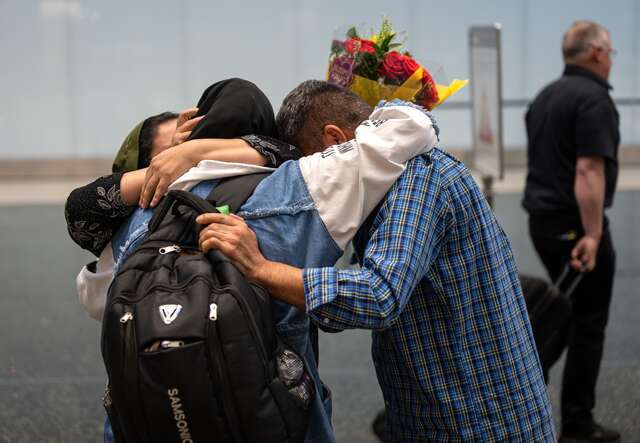
A timeline of Trump administration policies that impact refugee resettlement
January 20, 2025: The U.S. Refugee Admissions Program (USRAP) was suspended. During the administration's first week in office, the entire refugee resettlement program came to a screeching halt. Thousands of refugees who had already been thoroughly vetted and approved, and were set to travel to the United States were suddenly left in limbo. Flights for more than 10,000 refugees were canceled overnight, families were separated across continents, and Afghan allies who had risked everything to support U.S. missions were stranded.
January 24, 2025: Stop work orders were received by resettlement agencies. Resettlement agencies were ordered to stop providing initial and longer-term integration services to refugees who had recently arrived in the U.S. This left over 22,000 refugees without access to critical services including help to locate safe housing, healthcare and education for their children, workforce development programs, and English classes, among other services. When the IRC received the stop-work order, we were actively assisting nearly 6,000 clients within their first 90 days of arrival—the most critical period for successful resettlement.
February 7, 2025: Executive order on South Africa was issued. The order provides an exception to the refugee resettlement suspension, prioritizing the admission of Afrikaners in South Africa who the US government determines are “victims of unjust racial discrimination.” The first arrivals of resettled Afrikaners began three months later in May 2025.
February 26, 2025: Resettlement agency agreements were terminated. The administration abruptly ended federal contracts (called “cooperative agreements”) with resettlement agencies nationwide, effectively dismantling the infrastructure that had helped refugees integrate into American communities for decades. Organizations that had spent years building relationships with local employers, schools, and healthcare providers were forced to shutter services and lay off hundreds of workers, many of them former refugees themselves.
Although the administration eventually reinstated these cooperative agreements a few months later under revised terms, the interruption has inflicted lasting damage on the networks that underpin successful resettlement.
April 20, 2025: First 90-day report on restarting the resettlement program was due. The executive order that suspended the USRAP requires a report be provided to the President every 90 days on whether and how to restart the program. The report has yet to be published publicly.
June 5, 2025: A new travel ban was issued. The ban blocks people from twelve countries from entering the U.S. and partially restricts people from an additional seven countries, all on the basis of their nationality. While it was not initially clear from its wording whether the ban also blocked refugees, the administration has interpreted it to bar refugees from these countries. Many of the banned countries are at risk of new or worsening humanitarian emergencies, including Afghanistan, Chad, Haiti, Myanmar, Somalia, Sudan, and Yemen.
July 4, 2025: “One Big Beautiful Bill Act” was adopted. The legislation immediately eliminated longstanding eligibility of resettled refugees and people granted asylum from receiving food assistance through SNAP and will cut access to healthcare and other critical support services that had helped recently resettled refugees recover and become self-sufficient.
July 20, 2025: Second 90-day report on resettlement program was due. The report has yet to be published publicly.
September 30, 2025: Presidential Determination on refugee admissions for fiscal year 2026 is due. Each year, in consultation with Congress, the President must determine the number of refugees who can be resettled. Before leaving office, President Biden set the refugee admissions level at 125,000 for fiscal year 2025.
What do the Trump administration’s policies mean for refugees?
The suspension has created a humanitarian crisis both abroad and within the United States. Families who spent years navigating the rigorous refugee screening and security vetting process— which is already the most extensive vetting system for any group entering the United States —found themselves trapped in dangerous situations with no prospects of safety.
The resettlement suspension impacts nearly all refugees, including unaccompanied refugee children, Afghans who supported the U.S. mission, religious minorities in Iran, survivors of torture, LGBTQI+ refugees, and other refugees with U.S. family members and private sponsors awaiting their arrival.
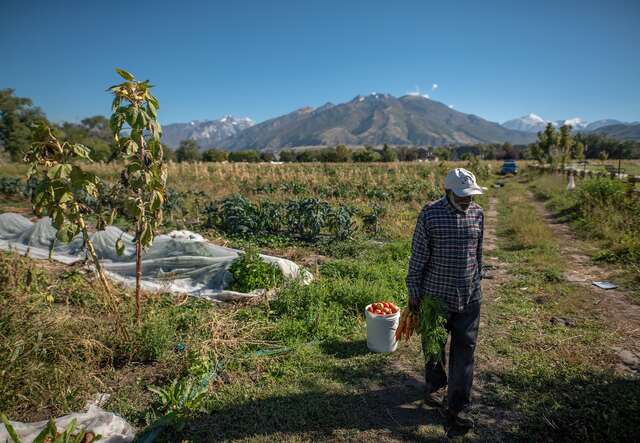
Meanwhile, without integration programs, refugees who arrived in the United States prior to the suspension, were left to navigate their new communities entirely on their own. The stop-work order prevented service providers from delivering essential post-arrival assistance to help refugees find housing and affordable food after they arrived. This gap in services left countless families without adequate support during their most vulnerable period.
Settling in and contributing to the U.S. has been made even more difficult for refugees by recent legislation passed by Congress. The “One Big Beautiful Bill Act” (H.R.1), a massive funding-related bill that was signed into law in early July, restricts access to federal benefits for refugees and other newcomers with lawful immigration status. Under this legislation, newly arrived refugees are no longer eligible at the federal level for Medicaid, the Children’s Health Insurance Program (CHIP), Affordable Care Act subsidies, Medicare, and SNAP.
How the Trump administration’s latest policies have impacted the economy
Suspending refugee resettlement is economically disastrous. The data tells a clear story: from 2005 to 2019, refugees and asylees contributed $123.8 billion in net fiscal benefit to the United States. They generated $581 billion in revenue, which far exceeded the $457.2 billion in services they received. In 2023 alone, refugees contributions to the US economy included:
- $115 billion in household income earned,
- $31.2 billion in taxes paid, and
- $83.8 billion in spending power in local economies.
That spending directly supports American businesses and creates American jobs.
How refugees strengthen American communities
America faces critical workforce shortages across multiple sectors. Refugees fill essential roles in healthcare, childcare, agriculture, and manufacturing which are industries that keep American communities functioning. They don't just fill critical positions; they also create new jobs, starting businesses at higher rates than native-born Americans and breathing new life into struggling communities. In 2023, an estimated 178,000 refugee entrepreneurs generated $6 billion in income.
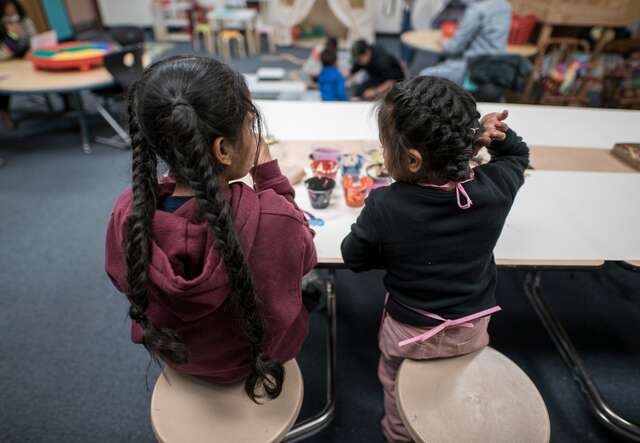
Beyond economics, refugees represent the best of American values. They are teachers, nurses, business owners, and community leaders who see America not just as a destination, but as home. Their contributions extend far beyond what can be measured in tax revenue or GDP—they strengthen the cultural and social fabric of American communities.
How refugees are doing under the Trump administration
Even amidst this restrictive and exclusionary policy landscape, refugees continue to demonstrate remarkable resilience. Stories emerge daily of refugees who are starting businesses that serve other Americans, mentoring young people in their communities, and rebuilding their lives with extraordinary determination.
Yet for every success story, there are countless others who have been left behind by this administration: parents separated from children, Afghan interpreters forced into hiding, and vulnerable people trapped in dangerous situations with no hope of reaching safety.
How the IRC is helping
The IRC continues to support thousands of impacted refugee clients across the United States. We ensure that people understand their rights and have access to available services, including workforce development, health, and education, to rebuild their lives and regain self-sufficiency; however, these programs are under strain and risk being shuttered entirely.
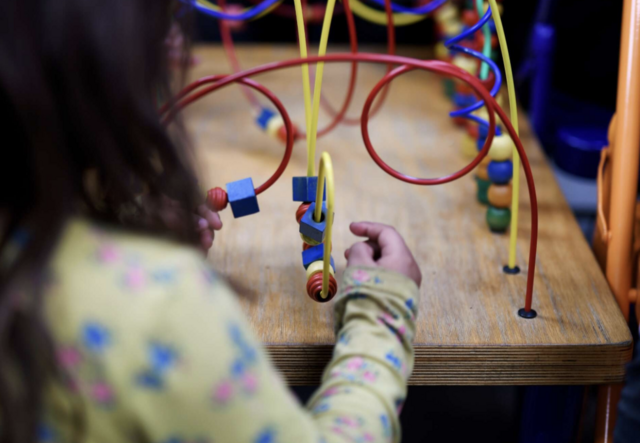
How to help refugees in America
The US resettlement program doesn’t just affect refugees – it also impacts American communities, local economies, and reflects our nation's core values. It's time to fully restore the refugee resettlement program and honor our pledge to those we have committed to protect by continuing America's leadership in refugee resettlement.
Take Action: Write to the White House today to ask the administration to fully restore the U.S. Refugee Resettlement Program, rescind the travel ban and urge President Trump to provide enough refugee admissions slots for this upcoming fiscal year to ensure all vetted and approved refugees can be securely and fairly resettled irrespective of their nationality or country of origin.
Contact your members of Congress to share your support for refugees and ask that they restore access to SNAP, CHIP, Medicaid and other critical services that support refugees in their first months in the U.S.
Support refugees in your community: You can volunteer at a local resettlement agency; become an English tutor, or a mentor to a family; donate money, furniture and household items; educate other people about refugees; and employ or encourage local businesses to hire refugees.
Ways to help right now:
- Help the IRC support refugee families in crisis with a donation: Donate now
- Look for IRC volunteer opportunities assisting refugees in the U.S.
- Rent to refugees.
*Name changed for confidentiality.
